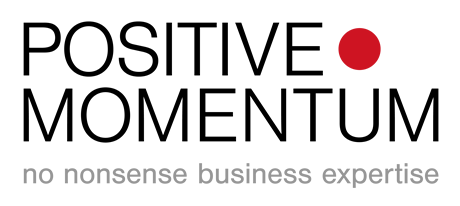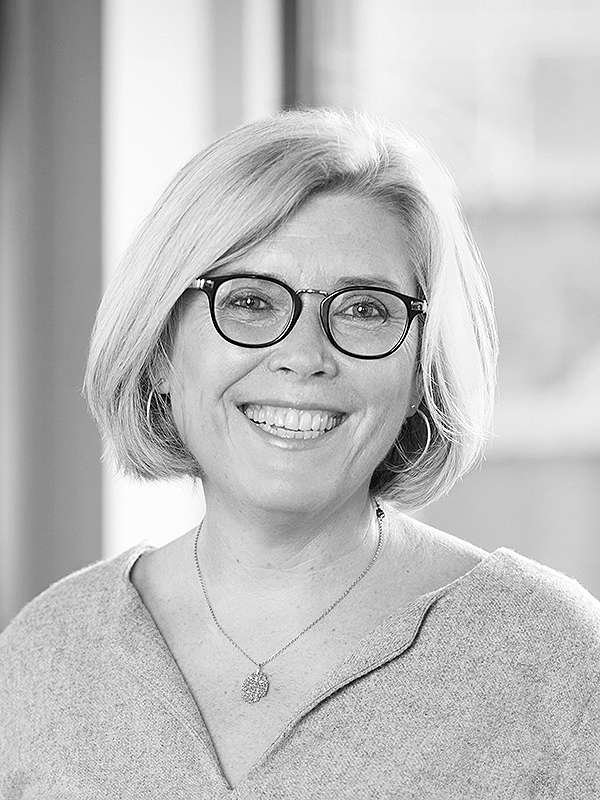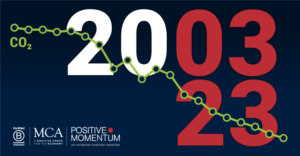What’s the really difficult problem whose solution eluded you in 2019 that you want to solve in your business this year? How do we grow quicker, reach more clients, stand out against our competitors, work together better…..?
Whatever it is, start first by looking at the team that are charged to solve it and the relationships within that team.
I’ll let you into a secret; In 2019, I struggled harder than I have ever had to before to make an important professional relationship work. This was doubly frustrating in that I left the corporate world of work 3 ½ years ago, with a number of objectives, one of which was to work only with people who I enjoyed working alongside. In this instance, everything I said seemed to fuel an argument and many things the person said to me made me see red. We come from different sectors, speak a different professional language and see different opportunities (& risks). We do share a very strong sense of purpose in what we are doing however, and it was this that made us determined to find a way of working better together. So we put in the hard yards, swallowed our pride, and doubled back to the drawing board over and over again until we found ways in which, in tiny increments, we could improve our working relationship.
Fortunately, the individual concerned was equally motivated to find a way to develop an effective working relationship and I am pleased to advise that by the end of the year, we had reached a place of mutual trust and a platform from which we are now able to drive the business forward.
Why do I bother sharing this with you? Because, the one thing I had not fully recognised as I battled to get to a better place last year, was that it was that the very thing that made it so hard was also the thing that would make us a more powerful leadership team.
The group of people who cracked the Enigma code in the Second World War at Bletchley Park were probably the largest single contributors to the war effort. Some estimates suggest that they reduced the term of the war by three years, saving hundreds of thousands of lives as a consequence. Winston Churchill described the group as “the goose that laid the golden egg”. Most of us know that the computer scientist, Alan Turing was part of the group as well as mathematician William Gordon Welchman and cryptanalyst, Hugh Alexander. What is less well known however, is that the team also included people who were about as far removed from the world of code breaking as you or me (apologies to any code breakers reading this)! Stanley Sedgewick was one of these; an office clerk whose only credentials to join the group was his excellent cross word solving abilities honed on his daily commute to work.
The objective of a very purposeful diverse recruitment was to create a group of people who would be able to approach the problem from different perspectives. A means of avoiding the group think which would be unavoidable if only highly educated, intellectuals from similar social backgrounds were employed to crack the code. The fact that they were successful is history. What has been less covered is the difficult discussions which must have been necessary to ensure that the wildly different perspectives which each member of the Bletchley group brought to the team were each recognised. Just imagine an office clerk suggesting to a mathematician that his modelling may be wrong or a venerable cryptologist asking an office clerk what he may have missed in his assumptions! I’m pretty sure there were some awkward moments and possibly some very heated debates.
And yet it was the core value of diverse perspectives that enabled the Bletchley group to crack a code which the Nazis believed was uncrackable.
The reality of all our professional relationships is that the more like us the individuals are, the easier it is for us to get on with them and agree common ground. It is also less likely that we will solve the really difficult questions and break our professional, albeit less critical, equivalents of the Enigma code. When you next meet as a team to discuss the more intractable elements of your business, have a quick look at who is contributing to the discussion.
If the answer is that they are all people with similar perspectives who mostly agree with each other, it’s time to refresh the group.








